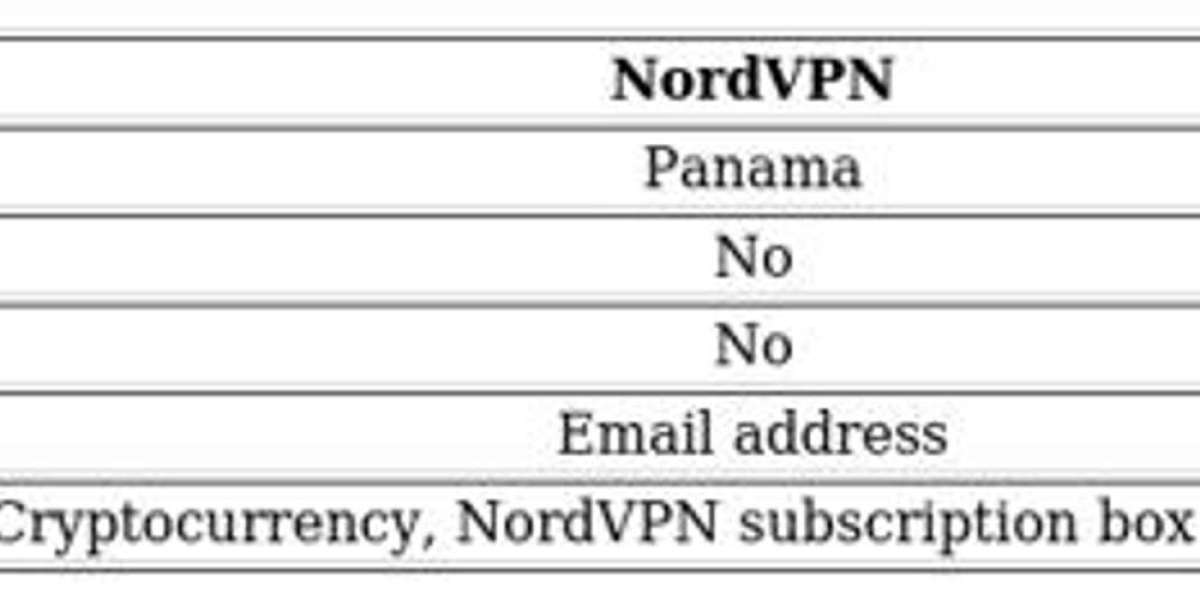Pursuing an MBBS in Russia has firmly established itself as a leading destination for medical education, especially for Indian students looking to pursue an affordable yet globally recognized MBBS degree. With its strong academic standards, English-medium programs, and modern infrastructure, the country welcomes thousands of international medical aspirants every year. However, for a successful transition, it is important to understand the step-by-step admission process to study MBBS in Russia 2025. In this guide, we will explain each stage thoroughly, ensuring you are fully prepared for your journey.
Step 1: Research and Shortlist Universities
The first and one of the most crucial steps is to research and shortlist the medical universities in Russia that are recognized by the National Medical Commission (NMC) and the World Health Organization (WHO). Russia is home to more than 50 medical universities, but not all are ideal for Indian students. Focus on universities offering English-medium MBBS programs, good clinical exposure, hostel facilities, and affordable tuition fees.
While shortlisting, consider important factors such as tuition fee structure, cost of living, FMGE passing percentage, city climate, safety, and the presence of Indian student communities.
Some popular choices include First Moscow State Medical University, Kazan Federal University, Bashkir State Medical University, and Crimea Federal University.
Step 2: Check the Eligibility Criteria
Once you have shortlisted a few universities, the next step is to verify their eligibility requirements. Generally, the basic eligibility criteria for Indian students are as follows:
The student must have completed 10+2 education with Physics, Chemistry, Biology, and English as core subjects.
A minimum of 50% marks in PCB (Physics, Chemistry, and Biology) is mandatory. For reserved categories (SC/ST/OBC), 40% marks are sufficient.
Qualifying NEET exam is compulsory as per the regulations of the Indian Government.
The candidate must be 17 years old on or before 31st December of the admission year.
A valid passport is mandatory for visa processing.
Eligibility standards are fairly uniform across Russian medical universities, but you should still confirm specific requirements on the official university websites.
Step 3: Apply for Admission
After confirming eligibility, the next step is to apply for admission. Most Russian medical universities have a direct admission process without any entrance exam.
You can either apply through the official university portal or via authorized admission consultants who have tie-ups with Russian universities. When applying, you are generally required to submit scanned copies of the following documents:
10th and 12th-grade mark sheets
NEET scorecard
Birth certificate
Passport (first and last page)
Passport-sized photographs
Police Clearance Certificate
Medical Fitness Certificate
Once you submit the documents, the university will verify your eligibility. If everything is in order, they will issue a Provisional Admission Letter confirming your seat.
Step 4: Receive the Invitation Letter
After your application is processed and the provisional admission is approved, the university will issue an Official Invitation Letter.
The Invitation Letter is a mandatory document required for applying for a student visa to Russia. It officially states that the university accepts you as a student and invites you to pursue the MBBS course.
Receiving the invitation letter typically takes about 15–30 working days from the date of application, so it's important to apply early to avoid delays.
Step 5: Apply for Russian Student Visa
Once you receive the invitation letter, the next major step is to apply for a student visa. Russia issues a long-term student visa for MBBS aspirants.
To apply for the visa, you will need the following documents:
Original passport (valid for at least 2 years)
Official Invitation Letter from the university
Visa application form
Passport-sized photographs
HIV-negative medical certificate
10th and 12th-grade certificates
NEET qualifying certificate
Travel insurance copy
Visa fees receipt
Submit your visa application at the nearest Russian Embassy or Consulate. The processing time for the Russian visa usually takes about 10–15 working days.
Tip: Some universities and admission agencies assist in the visa application process to ensure a smoother experience.
Step 6: Plan Your Travel and Accommodation
After obtaining the visa, you need to plan your travel. Most universities recommend specific arrival dates so students can join the orientation sessions.
Book your flight tickets early to avail the best rates. Preferably choose a flight to Moscow or the city where your university is located.
Accommodation arrangements should also be finalized at this stage. Most universities offer hostel facilities for first-year international students. The hostels are usually safe, affordable, and located near the university campus.
Carry the following essentials when you travel:
Admission letter and invitation letter
Passport and visa
Original educational certificates
Medical certificates
Sufficient local currency
Clothing suitable for Russian winters
Basic medicines and toiletries
Step 7: Arrival and University Enrollment
Upon arrival in Russia, university representatives or coordinators usually assist students at the airport.
Students must complete certain formalities at the university upon arrival:
Submit original documents and get them verified.
Complete the registration process.
Obtain a temporary residence permit.
Undergo a mandatory health check-up.
Open a local bank account (optional but recommended).
The classes generally commence within 2–3 weeks of arrival. Students must attend orientation programs where they are introduced to the university's facilities, hostel rules, academic curriculum, and cultural dos and don’ts.
Step 8: Adaptation and Language Preparation
While the MBBS course is taught in English in most universities, learning basic Russian is highly recommended. It helps in daily communication, especially during clinical practice in hospitals.
Many universities offer free Russian language courses during the first year. Adapting to local culture, weather, and food habits is equally important for a comfortable and enriching experience.
Students are encouraged to participate in cultural activities, student groups, and sports clubs to enhance their overall learning journey.
Final Tips for MBBS Admission in Russia 2025
Start the application process early, ideally by March-April 2025.
Always verify the university’s NMC and WHO recognition.
Choose universities that offer full English-medium MBBS programs.
Maintain proper documentation for visa and enrollment.
Stay updated on embassy notifications and travel advisories.
Prefer consulting reputed education consultants for smooth processing.
Conclusion
Pursuing MBBS in Russia 2025 is a life-changing decision for many Indian students, offering affordable education with international exposure. Following a well-planned and timely step-by-step admission process to study MBBS in Russia 2025 ensures that students achieve their dream of becoming globally competent doctors. Careful planning, prompt documentation, and choosing the right university can open the doors to an exciting and rewarding career in medicine.






